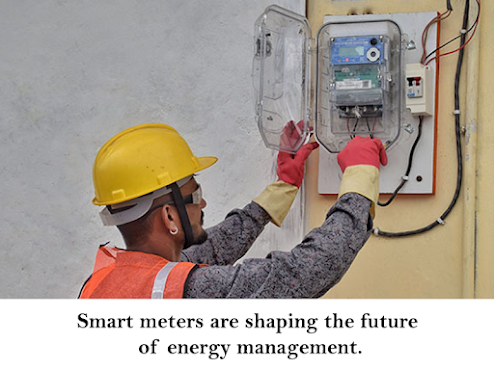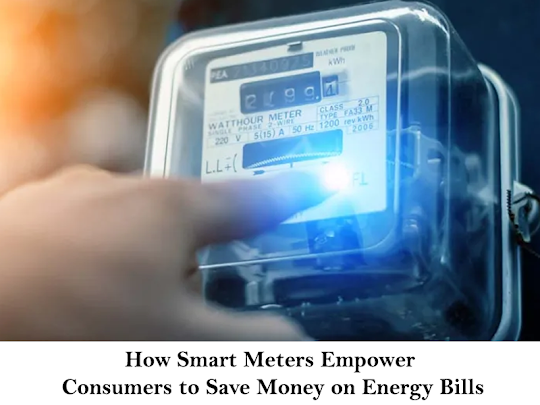Understanding Smart Meters: How They Work and Why They Matter
The Smart Meter National Programme aims to install 250 million smart meters across the nation by 2025. Innovel Energy Services has successfully installed over 360,000 smart meters in Madhya Pradesh and West Bengal which depicts their contribution towards smart meter solutions.
How do smart meters work and why do they matter?
The smart meter displays a digital meter reading and uses a secure smart data network to automatically and wirelessly convey the readings to your energy supplier every 15 minutes, so you will receive precise, not estimated bills. The states of India have so far installed 66.18 lakh smart meters.
At the core of every smart meter lies a sophisticated system of sensors, processors and communication modules. Here is a breakdown of the key components and functionalities:
Measurement accuracy
Smart meters use digital technology to provide precise measurements of energy consumption. Smart meters automatically record usage data at regular intervals.
Real-time monitoring
One of the primary features of smart meters is the ability to provide real-time data about energy usage. This allows both utility companies and consumers to monitor usage patterns and adjust behaviour accordingly to optimise efficiency and reduce costs. Research indicates that households with access to real-time energy data can reduce their electricity consumption by up to 15%.
Reduction of ATC losses
Prepaid ability
The prepaid ability allows smart meters allowing users to check their electricity usage and balance at any time and make online payments since they are usually linked to mobile payment platforms such as mobile apps.
Enhanced billing options
Smart meters enable utilities to offer more flexible billing options, like time-of-use pricing, which demands different rates for electricity depending on the time of day. This motivates consumers to shift their energy usage to off-peak hours, helping to alleviate pressure on the grid during periods of high demand. As billing is one of the areas smart meter installation helps improvise on, the billing efficiency has been enhanced by a whopping 21%, total revenue was increased by Rs. 2.64 billion annually, thanks to just the 1.1 million installed meters.
Conclusion
Overall, smart meter solutions play a critical role in modernising the infrastructure of the utility industry and promoting more efficient and sustainable energy usage. As technology continues to advance, smart meters are likely to become even more sophisticated, further improving their functionality and impact.


Comments
Post a Comment